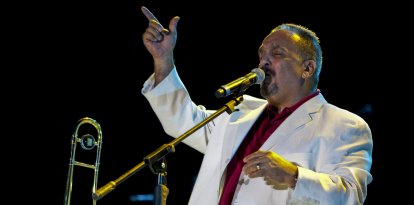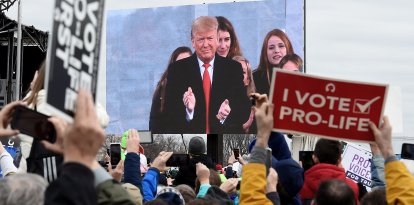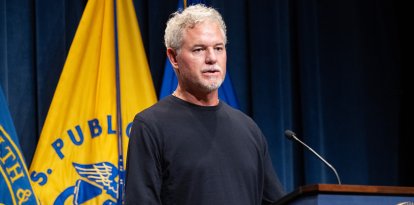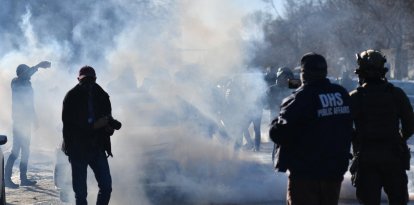Mario Vargas Llosa, Nobel Prize in Literature and last representative of the Latin American Boom, has died
The Peruvian writer died in Lima, surrounded by his family and in peace, his son said in a statement.

The Peruvian writer and Nobel Prize for Literature Mario Vargas Llosa
Peruvian writer Mario Vargas Llosa died this Sunday in Lima at the age of 89, his son Alvaro Vargas Llosa said. With his departure, one of the most influential voices of Spanish-language literature is extinguished.
Farewell to a universal literary figure
Vargas Llosa was much more than a novelist. He was a full-bodied intellectual, a prolific essayist, a polemic columnist and a public figure who never took refuge in neutrality. He published more than 20 novels, among them fundamental titles such as "The City and the Dogs," "Conversation in the Cathedral," "The Feast of the Goat" and "Harsh Times," in which he explored with harshness and lucidity the power structures, corruption and social fractures of Latin America.
He received the Nobel Prize in Literature in 2010 for his "cartography of power structures and his sharp images of resistance," crowning a career marked by both literary excellence and ideological debate. His last novel, "Le dedico mi silencio," published in 2023, was also his official farewell to fiction.
A life between literature and politics
Born in Arequipa on March 28, 1936, Mario Vargas Llosa was a precocious writer who debuted with "Los jefes" at the age of 23 and did not stop writing for more than six decades. His work was characterized by a critical view of authoritarianism.
In 1990, Vargas Llosa ran for president of Peru and was defeated by Alberto Fujimori. From that political experience, his memoir "El pez en el agua" was born, in which he alternates the story of that election campaign with the memory of his literary and personal formation.
The legacy of the boom and a career marked by contrasts
Vargas Llosa was a key figure of the Latin American Boom, alongside authors such as Gabriel García Márquez, Julio Cortázar and Carlos Fuentes. His international rise began with the publication of "The City and the Dogs" in 1963, a work inspired by his years at the Leoncio Prado Military College and that broke the mold for its rawness and innovative narrative structure.
A voice that defied time
Vargas Llosa understood literature as a tool for freedom and rebellion. He expressed this in his Nobel Prize speech, where he affirmed that fiction transforms readers and helps us to resist the mediocrity of reality. That conviction accompanied him to the end.
"We have to keep dreaming, reading and writing," he said. And he did that until his last days: writing, debating and thinking about the world. His death marks the end of an era, but his work will keep him alive in the memory of those who find a form of freedom in literature.


























